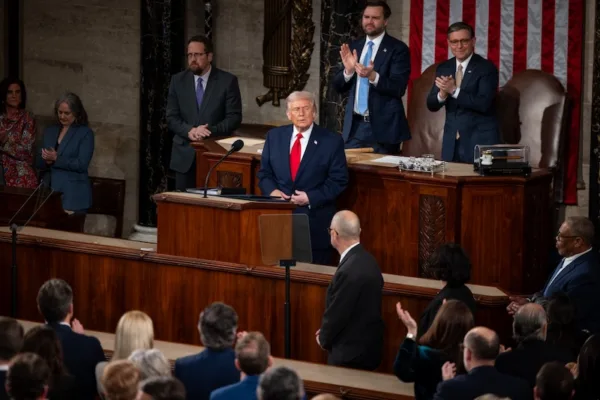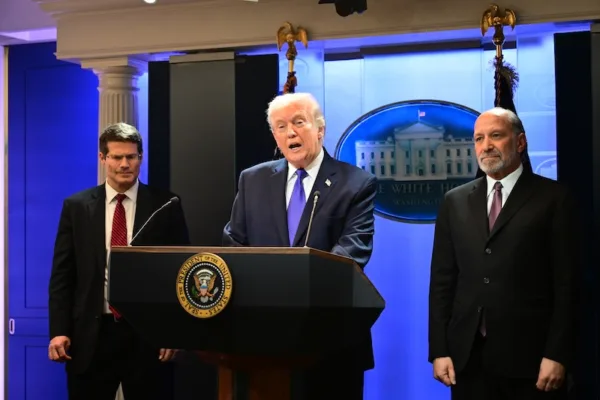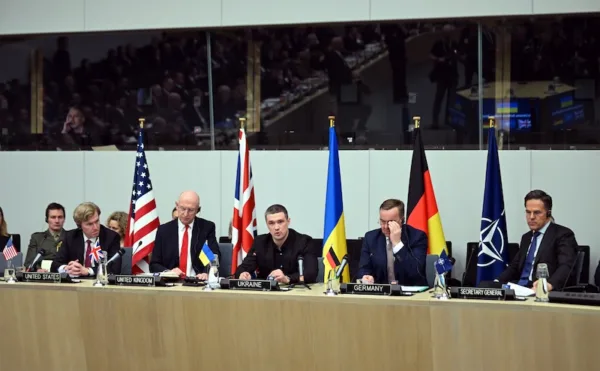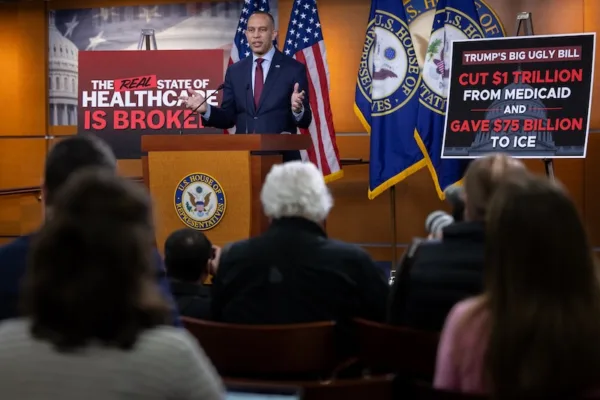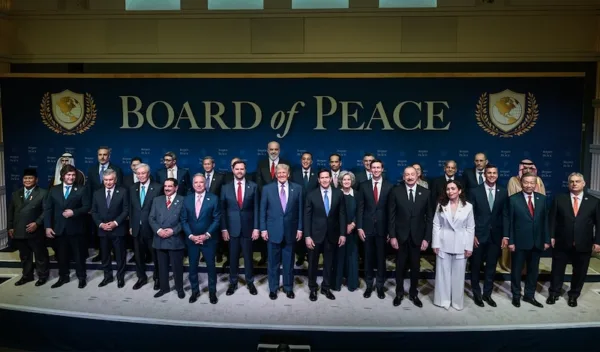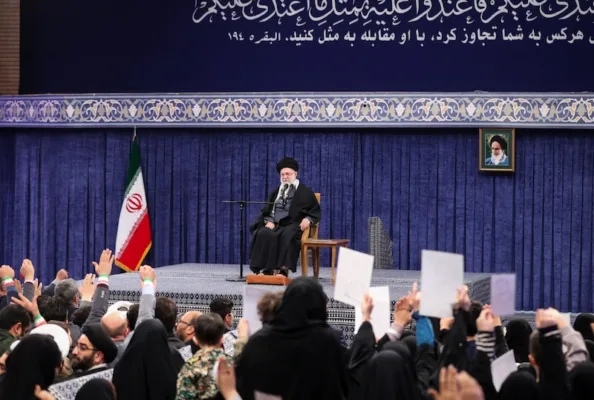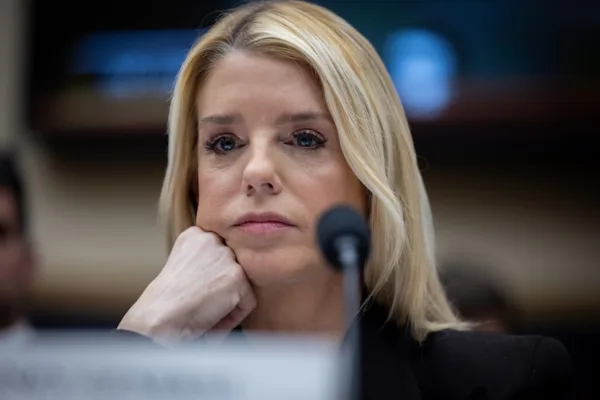The US Policy on Israel in an Election Year
The Biden administration’s unwavering support for Israel’s operations in Gaza has created intense criticism domestically and abroad. Democratic Party’s primary results from key states like Michigan and Minnesota indicated a substantial number of “uncommitted” votes against administration’s refusal to call for an immediate ceasefire. Recent statements from US leaders signaled a growing discomfort with Israel’s strategy to accomplish its self-declared goal of eradicating Hamas. President Biden, who had previously cast doubt on the reported number of casualties in Gaza, drew a “red line” saying he could not accept 30,000 more Palestinians dead. Similarly, Senator Schumer openly criticized Prime Minister Netanyahu, calling for a change in Israeli leadership. Yet, Netanyahu remains defiant, dismissing both leaders’ concerns and asserting that his policies enjoy broad support within Israel. As Israel’s military operations continue to escalate, with Rafah notably not spared from the conflict, the humanitarian situation becomes extremely dire. It is not clear what costs the administration might be willing to impose on Tel Aviv in an election year. As the international community appears unable to change the dynamics on the ground, what are the policy options for the US? Are we witnessing a shift in US policy towards Israel? Can the US pressure halt the humanitarian crisis?
The SETA Foundation at Washington DC is pleased to convene a panel of experts to shed light on the evolution of US policy on Israel’s war in Gaza.
Speakers
Daniel Levy, President, US/Middle East Project, European Council on Foreign Relations
Lara Friedman, President, the Foundation for Middle East Peace
Kadir Ustun, Executive Director, the SETA Foundation at Washington DC
Moderator
Kilic Kanat, Research Director, the SETA Foundation at Washington DC











